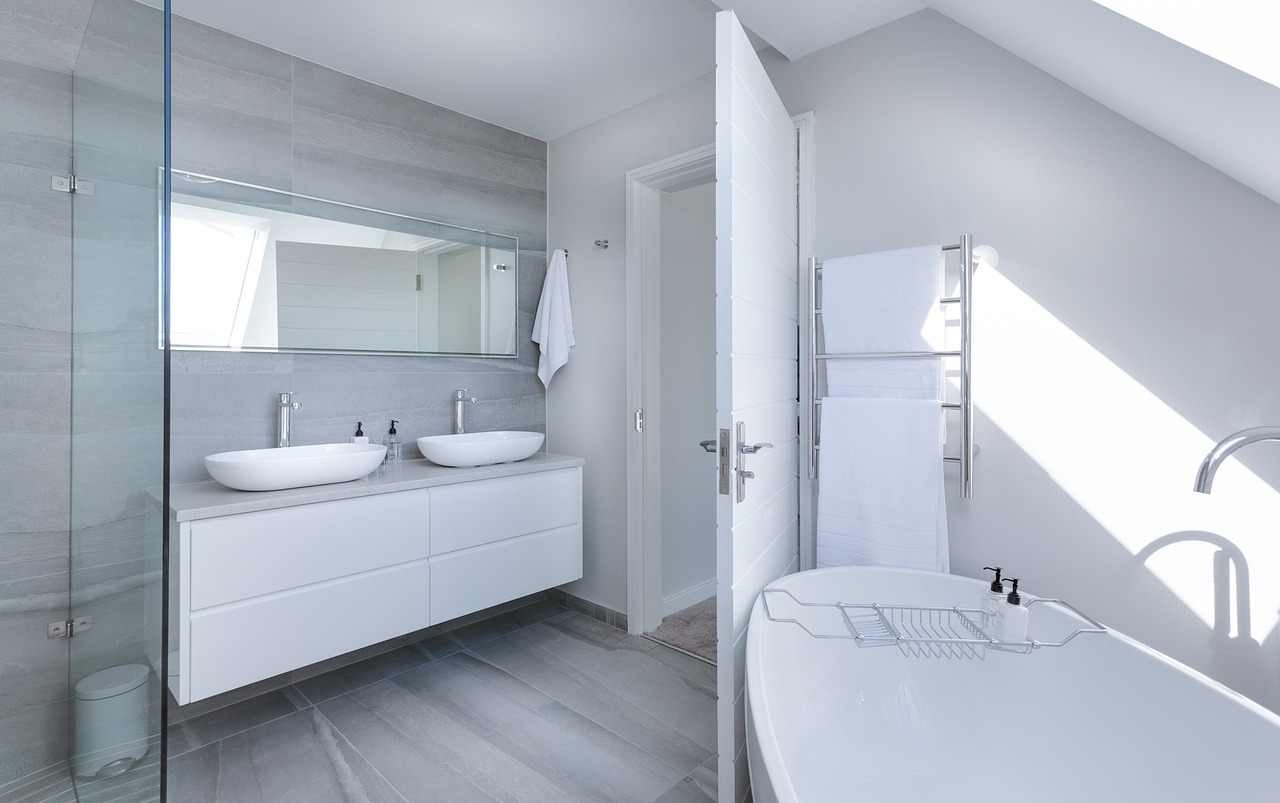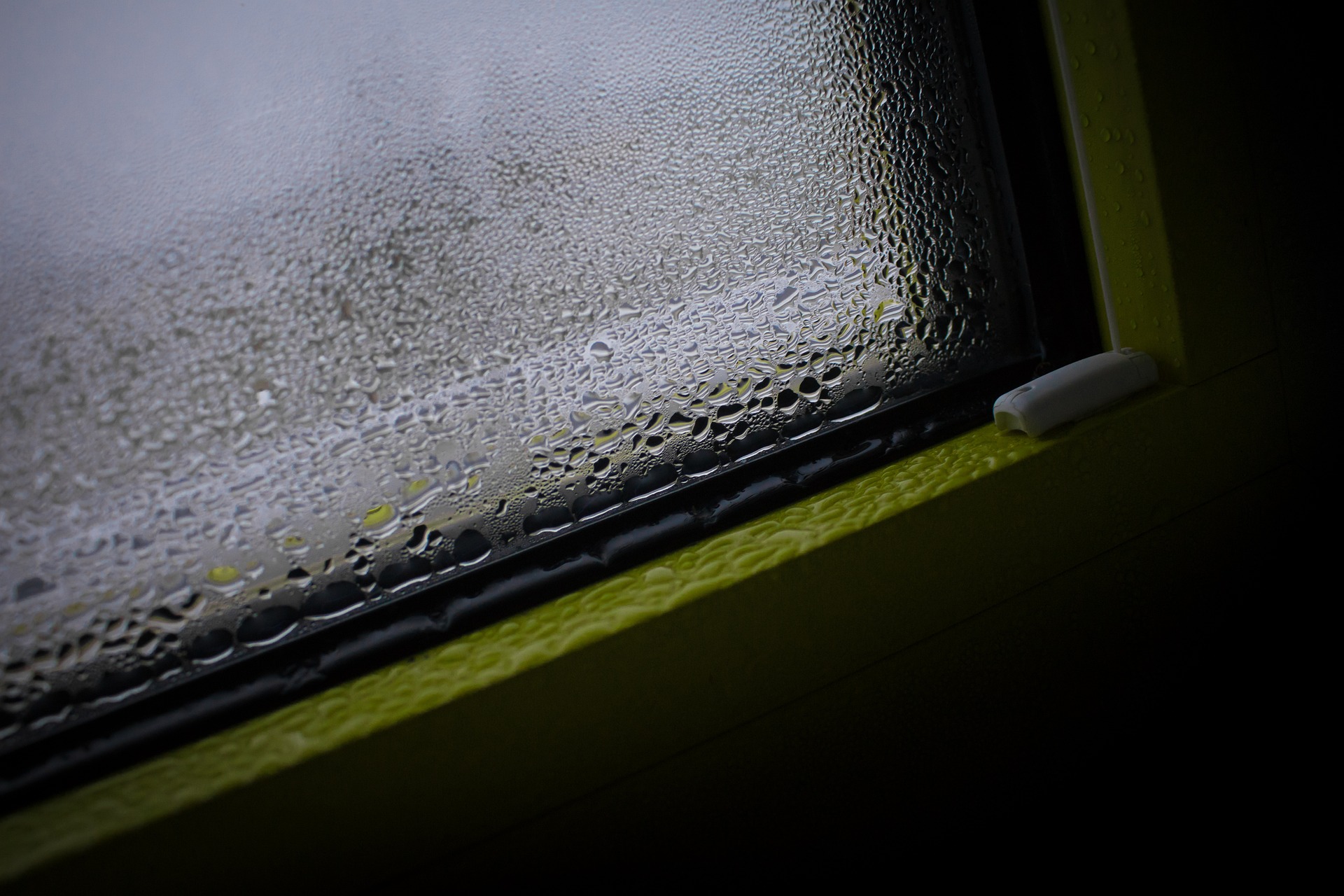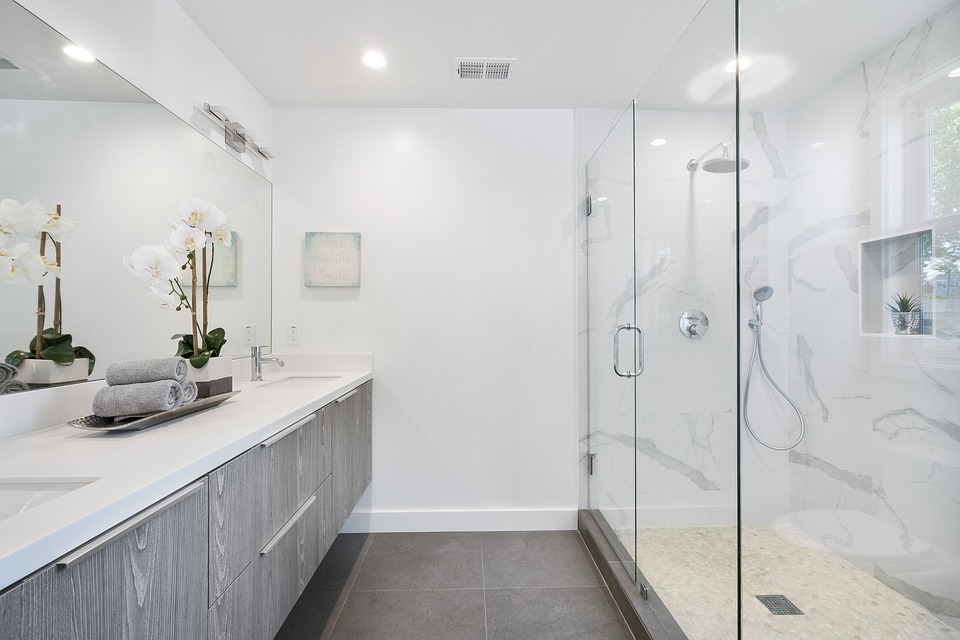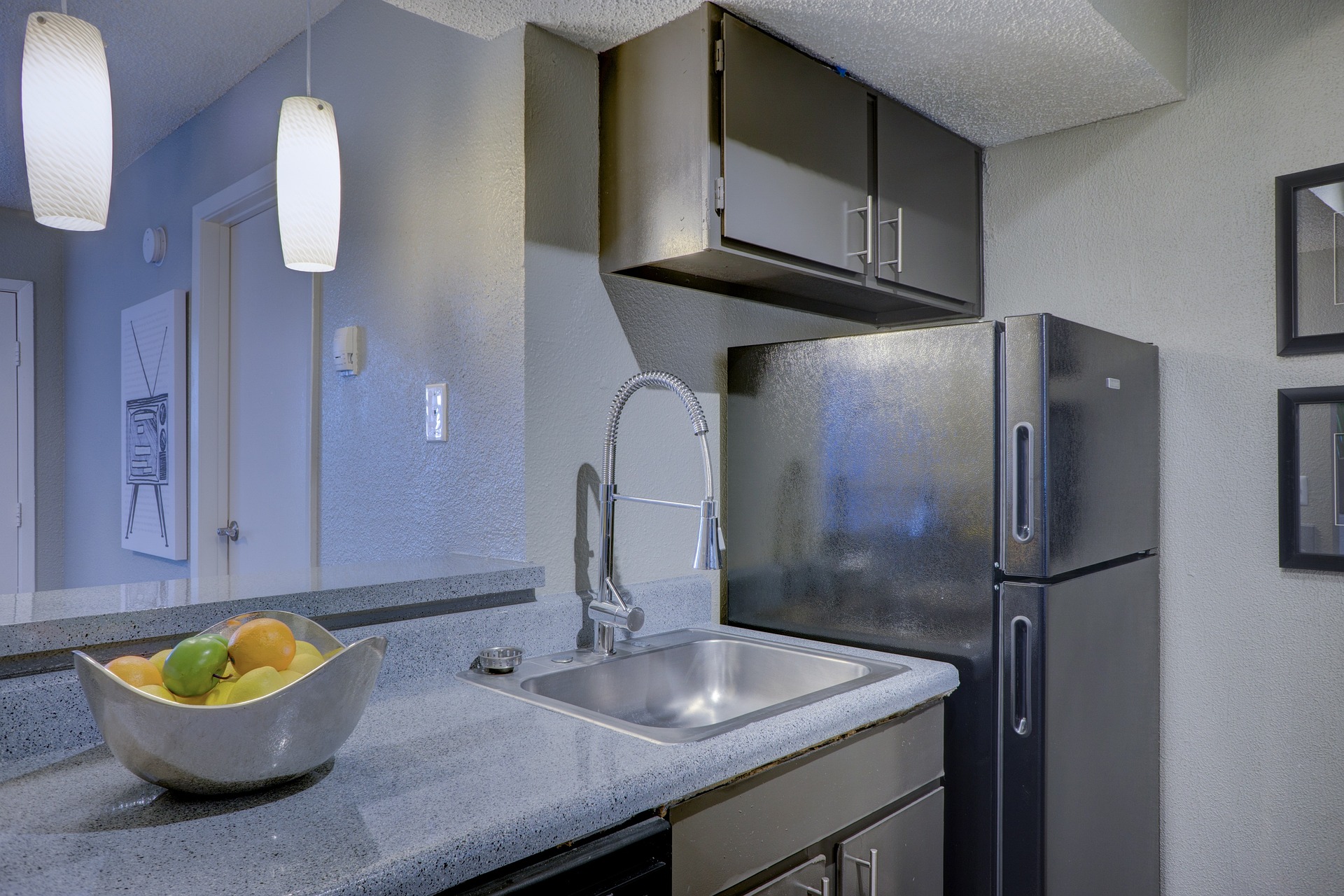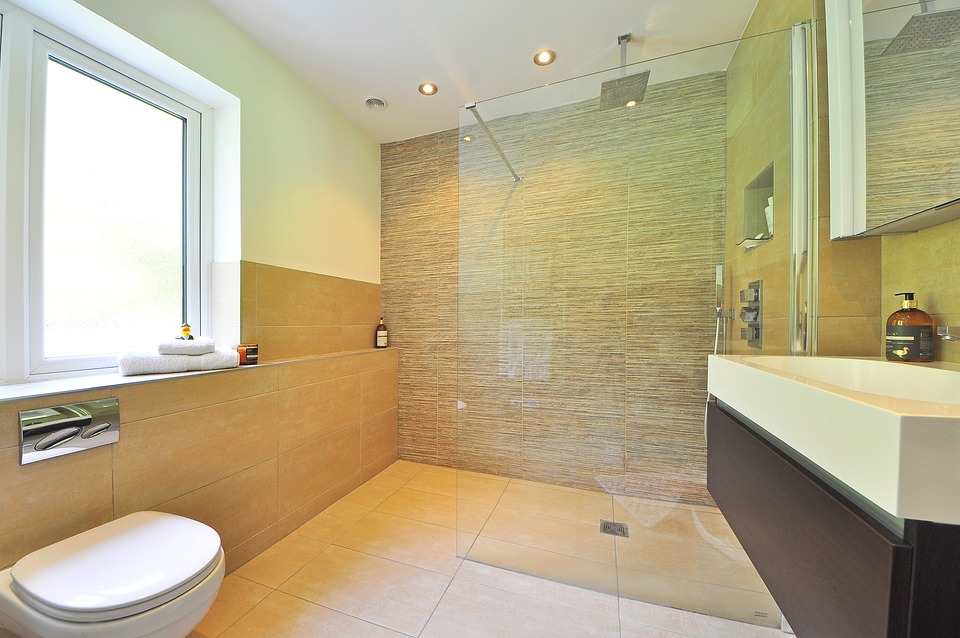Hydronic heating systems have been in existence for ages and they continue to be popular all over the world. These systems can be used in both residential and commercial establishments to heat up the space. They are popular because of a number of reasons. To appreciate the benefits they offer, you first need to understand how they work.
What are Hydronic Systems?
These are heating and cooling systems which use water, or another working fluid, to transfer heat energy from the furnace to the room. Water is super-heated in the water heater and released into water pipes which connect the water heater to radiators or heat exchangers in the building. The water pipes are properly insulated to prevent heat losses in the heat transfer process.
Radiators are normally installed on the wall or floor of a building. Their main purpose is to extract heat from hot water flowing through the radiator and release it into the surrounding space. The heating process is natural as heated air moves up and replaced with colder air. The cycle continues until the room attains an even temperature without forced movement of air.
After passing through the radiator, water is taken back to the water heater for further heating.
The water heater may be powered by coal, heating oil, natural gas, propane or electricity depending on availability, cost, personal preference and reliability of the supply.
What Makes Hydronic Heating Systems Special?
It’s important to note that hydronic systems use water, and not air, to transfer heat from the heater to the space which requires heating. Since water is a better heat transfer medium than air, heating takes place much more efficiently. As a result, the property owner gets better value for money since less energy is wasted.
Secondly, hydronic heaters do not require forced circulation, such as use of fans and blowers, to evenly distribute heat in a room. Therefore, dust cannot be raised. Animal fur, hair follicles, loose cloth fibers and other impurities, therefore, cannot easily become airborne. This makes hydronic systems healthier than forced air systems which easily raise dust and cause air pollutants to become airborne, thereby causing allergies and other respiratory illnesses.
Since these systems contain few or no moving parts, they are easier to maintain and have a long lifespan. They also have a quiet operation, so you can enjoy efficient heating in a peaceful environment. Forced air systems usually make a lot of noise and they often fail to cool rooms more evenly.

